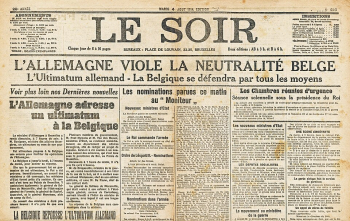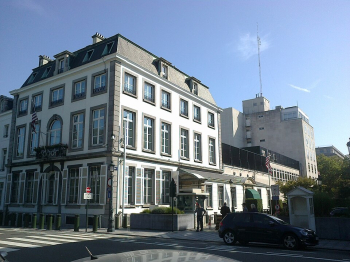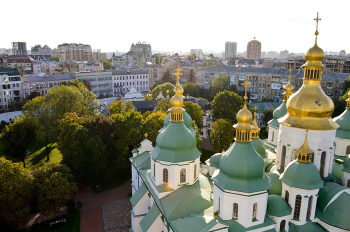
Belgium braces for significant milestones in 2024. Beyond assuming the European Union presidency, crucial elections at European, national, and regional tiers are scheduled for
9th June. It anticipates a year marked by polarities.
A recent De Standaard and VRT NWS opinion poll revealed that eight out of 10 individuals in Flanders regard democracy as a good or very good governance system. However, only half of the respondents perceive Belgium's current administration as genuinely democratic, while 34 percent disagree.
The majority expressed skepticism that politicians comprehend citizens' priorities, let alone transform them into policies.
Erosion of Trust
Assessing confidence in politicians, governments, and parliaments in Belgium and Europe, the average rating hovers between three and four out of 10. "The data signals profound dissatisfaction with politicians' receptiveness, actions, and decision-making," researchers inferred.
This democratic deficit underscores Belgium's unique classification as a defective democracy among Western European nations in the EU's Democracy Index. Belgium's weak point particularly lies in political participation.
The traditional parties' insufficient engagement with pressing topics like migration, diversity, and economic globalization has constricted their positions within a limited left-right ideological framework. Consequently, a discrepancy exists between party offerings and voters' desires.
"By superficially addressing these crucial concerns, traditional parties have confined their ideological breadth to exhausted left-right divisions," highlighted political psychologist Alain Van Hiel in Knack. "This disconnects party propositions from the aspirations of many voters."
Consensus Mentality
Van Hiel, a researcher at the University of Ghent, contends that Belgium's conventional parties - Christian democrats, liberals, and socialists - have fostered a consensus-oriented approach over decades. While this strategy has fostered broad agreement, it has also distanced these parties from the concerns of numerous citizens.
However, the left-right spectrum remains pivotal in structuring, comprehending, and assessing political issues. "Radicals and moderates appear to inhabit different realms," notes Van Hiel. "Radical voters display cynicism and anger, distancing themselves from the establishment, resulting in shallow trust in the political process."
This disenchantment amplifies the allure of authoritarian alternatives. "Soon, approximately 35 percent of Flemish people will support parties shunned by others," Van Hiel warns. "This is detrimental to democracy. Their concerns - be it migration or hyper-globalization - warrant serious consideration, irrespective of our affinity for their stance."
Van Hiel critiques the credibility of traditional parties. "Drawing parallels with the 1930s is contentious; however, the frailty of the center was arguably a significant issue then. Similarly, it's a concern today." Photo by Benjah, Wikimedia commons.

















